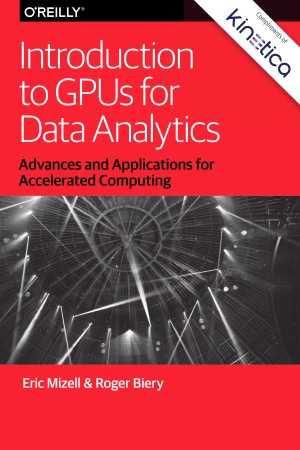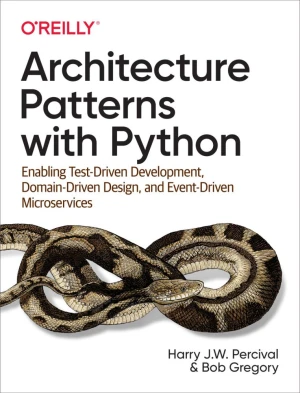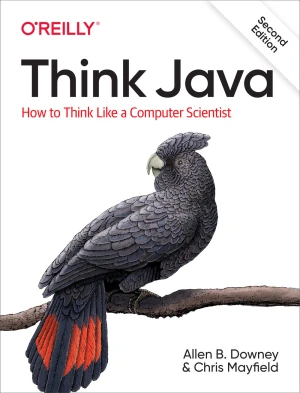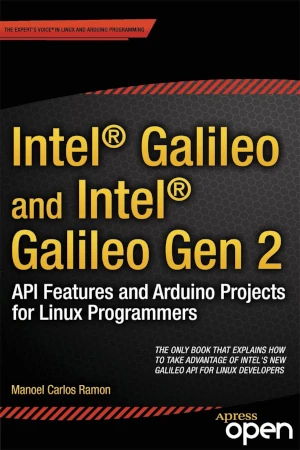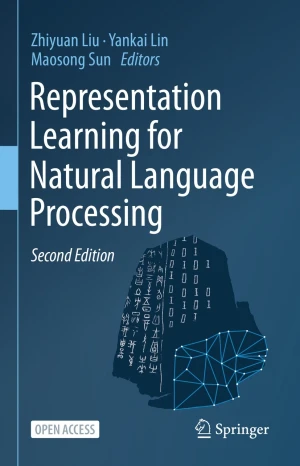Efficient Learning Machines
Theories, Concepts, and Applications for Engineers and System Designers
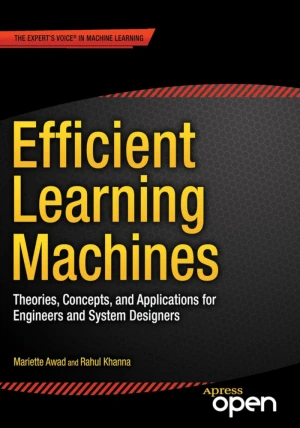
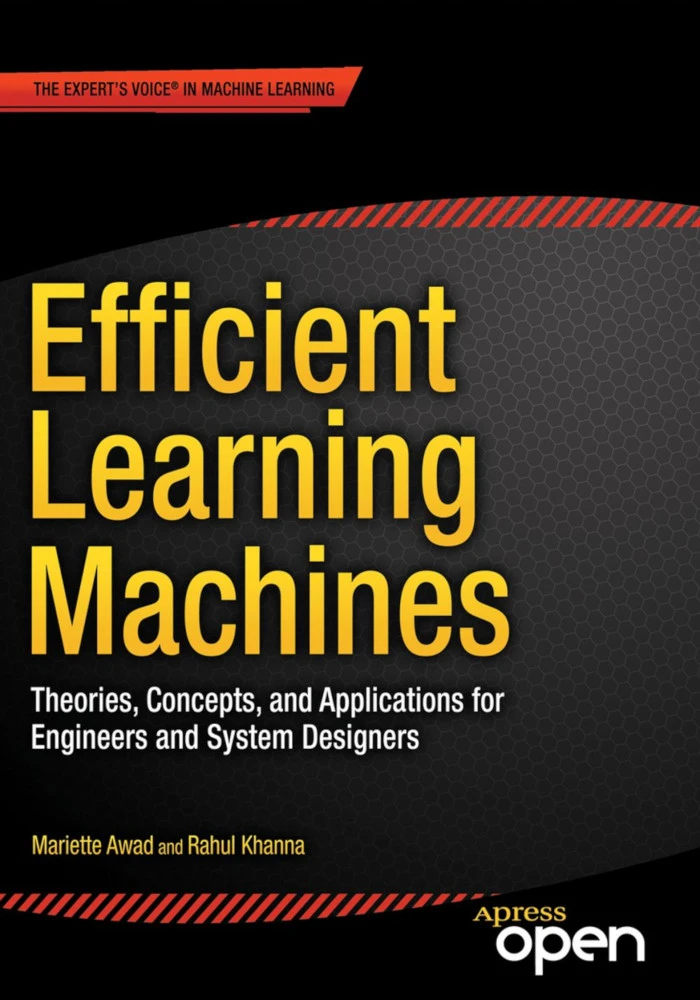
Book Details
| Authors | Mariette Awad, Rahul Khanna |
| Publisher | Apress |
| Published | 2015 |
| Edition | 1st |
| Paperback | 244 pages |
| Language | English |
| ISBN-13 | 9781430259893, 9781430259909 |
| ISBN-10 | 1430259892, 1430259906 |
| License | Apress Open |
Book Description
Machine learning techniques provide cost-effective alternatives to traditional methods for extracting underlying relationships between information and data and for predicting future events by processing existing information to train models. Efficient Learning Machines explores the major topics of machine learning, including knowledge discovery, classifications, genetic algorithms, neural networking, kernel methods, and biologically-inspired techniques.
Mariette Awad and Rahul Khanna's synthetic approach weaves together the theoretical exposition, design principles, and practical applications of efficient machine learning. Their experiential emphasis, expressed in their close analysis of sample algorithms throughout the book, aims to equip engineers, students of engineering, and system designers to design and create new and more efficient machine learning systems. Readers of Efficient Learning Machines will learn how to recognize and analyze the problems that machine learning technology can solve for them, how to implement and deploy standard solutions to sample problems, and how to design new systems and solutions.
Advances in computing performance, storage, memory, unstructured information retrieval, and cloud computing have coevolved with a new generation of machine learning paradigms and big data analytics, which the authors present in the conceptual context of their traditional precursors. Awad and Khanna explore current developments in the deep learning techniques of deep neural networks, hierarchical temporal memory, and cortical algorithms.
Nature suggests sophisticated learning techniques that deploy simple rules to generate highly intelligent and organized behaviors with adaptive, evolutionary, and distributed properties. The authors examine the most popular biologically-inspired algorithms, together with a sample application to distributed datacenter management. They also discuss machine learning techniques for addressing problems of multi-objective optimization in which solutions in real-world systems are constrained and evaluated based on how well they perform with respect to multiple objectives in aggregate. Two chapters on support vector machines and their extensions focus on recent improvements to the classification and regression techniques at the core of machine learning.
If you enjoyed the book and would like to support the author, you can purchase a printed copy (hardcover or paperback) from official retailers.
Download and Read Links
Share this Book
[localhost]# find . -name "*Similar_Books*"
Introduction to GPUs for Data Analytics
Moore's law has finally run out of steam for CPUs. The number of x86 cores that can be placed cost-effectively on a single chip has reached a practical limit, making higher densities prohibitively expensive for most applications. Fortunately, for big data analytics, machine learning, and database applications, a more capable and cost-effective alte
Architecture Patterns with Python
As Python continues to grow in popularity, projects are becoming larger and more complex. Many Python developers are taking an interest in high-level software design patterns such as hexagonal/clean architecture, event-driven architecture, and the strategic patterns prescribed by domain-driven design (DDD). But translating those patterns into Pytho
Web Application Security
While many resources for network and IT security are available, detailed knowledge regarding modern web application security has been lacking - until now. This practical guide provides both offensive and defensive security concepts that software engineers can easily learn and apply. Andrew Hoffman, a senior security engineer at Salesforce, introduc
Think Java, 2nd Edition
Currently used at many colleges, universities, and high schools, this hands-on introduction to computer science is ideal for people with little or no programming experience. The goal of this concise book is not just to teach you Java, but to help you think like a computer scientist. You'll learn how to program - a useful skill by itself - but you'l
Intel Galileo and Intel Galileo Gen 2
Intel Galileo and Intel Galileo Gen 2: API Features and Arduino Projects for Linux Programmers provides detailed information about Intel Galileo and Intel Galileo Gen 2 boards for all software developers interested in Arduino and the Linux platform. The book covers the new Arduino APIs and is an introduction for developers on natively using Linux.
Representation Learning for Natural Language Processing, 2nd Edition
This open book provides an overview of the recent advances in representation learning theory, algorithms, and applications for natural language processing (NLP), ranging from word embeddings to pre-trained language models. It is divided into four parts. Part I presents the representation learning techniques for multiple language entries, including

